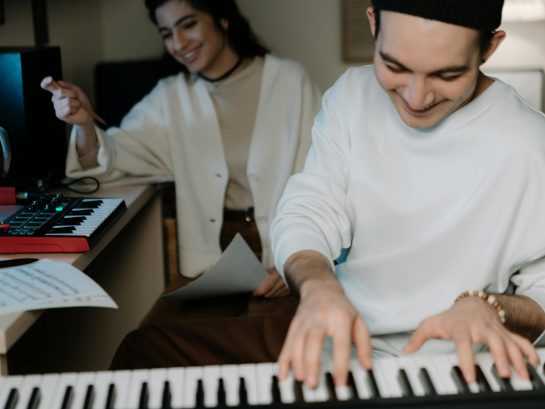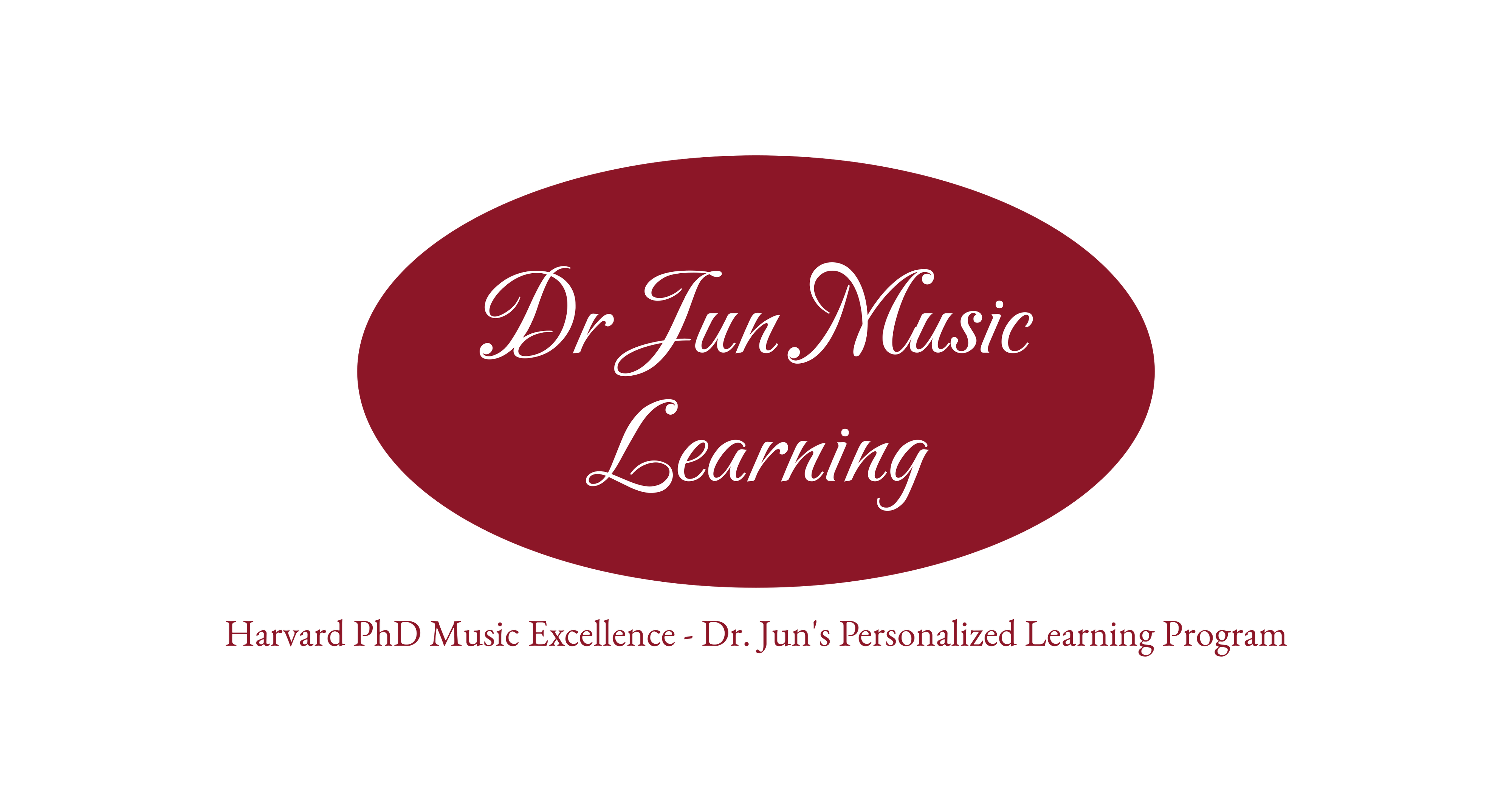
Student Evaluation and Accountability

We believe in showing up, trying things out, making a few mistakes, laughing a little—and getting better every single time. Whether you’re gearing up for auditions or just want to play your favorite songs for fun, this is a space where growth happens in a joyful, judgment-free zone.
Every second of each lesson is used with purpose—and personality. From the very first moment to the last, students are actively learning: playing, thinking, listening, and yes… sometimes being quizzed!
We sneak in learning everywhere we can—note reading, musical terms, ear training, sight-reading—you name it. It’s serious training, but we make it seriously fun.
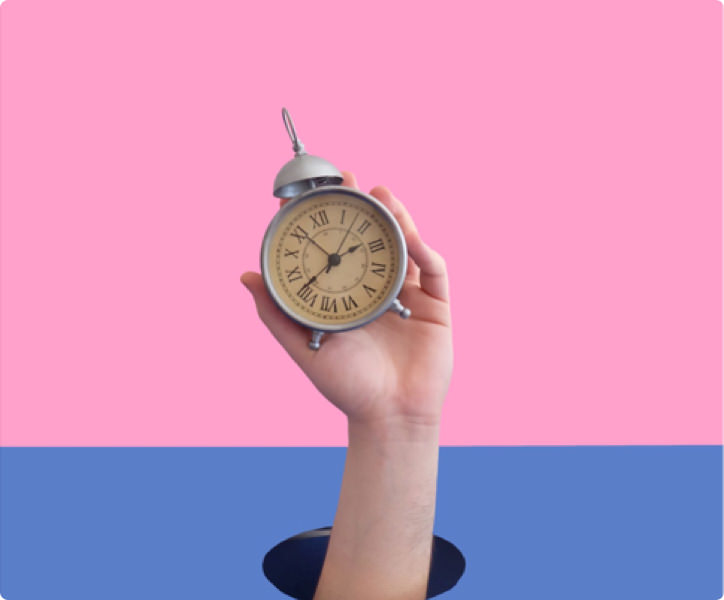
Serious music training. Seriously fun lessons.
Student Success Metrics
How can we make these metrics more specific and actionable?
Performance Standards
What specific benchmarks should be established, and how can we measure achievement?
Collaborative Partnerships
How can we strengthen the relationship between the teacher, parents, and the teaching program?
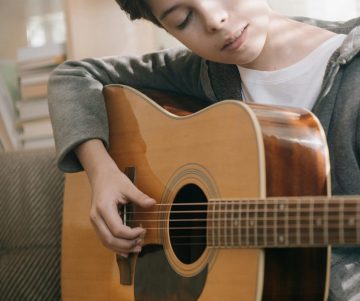
To make student success metrics more specific and actionable, we should:
Define Clear Learning Objectives: Break down the curriculum into specific, measurable goals for each lesson or week. For example, "Student should master playing scales in two octaves within four weeks."
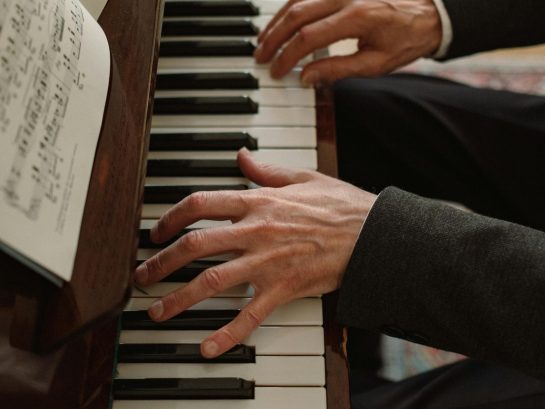
Regular Assessments: Implement frequent and consistent assessments to track progress, such as weekly quizzes or performance reviews.
Progress Tracking Tools: Use progress tracking sheets or digital tools where both students and teachers can log practice times, completed assignments, and skills mastered.
Feedback Mechanisms: Establish clear criteria for providing feedback, ensuring it is constructive and focused on specific areas for improvement.
Personalized Learning Plans: Develop individualized learning plans that address each student’s strengths and areas for improvement, with clear timelines and milestones.
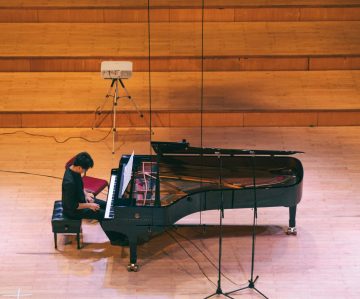
To establish specific benchmarks and measure achievement, we should:
Skill Mastery Levels: Define skill levels (e.g., beginner, intermediate, advanced) with clear criteria for what constitutes mastery at each level.
- Performance Milestones: Set performance milestones such as completing specific pieces, sight-reading proficiency, and theory knowledge. For example, "Complete and perform 'Minuet in G' by the end of the semester."
- Practice Benchmarks: Set minimum practice time requirements and track adherence. For instance, "Practice a minimum of 30 minutes daily."
- Examinations and Recitals: Use formal assessments like exams and recitals to measure progress. For example, "Pass Level 1 examination by end of term" or "Perform at the annual recital."
- Feedback and Evaluation Reports: Provide regular, detailed reports on progress and areas needing improvement. For instance, monthly progress reports with specific achievements and next steps.
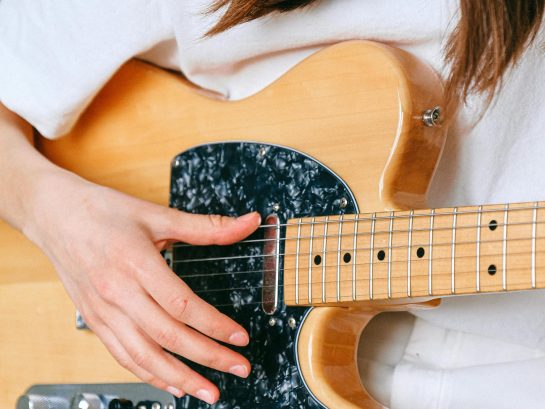
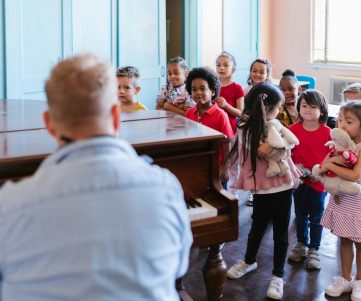
To strengthen the relationship between the teacher, parents, and the teaching program, we should:
Regular Communication: Establish regular communication channels such as weekly emails, monthly meetings, and accessible office hours to discuss student progress and concerns.
- Parental Involvement: Encourage parents to be involved in their child's practice routine by providing them with practice guides and tips on how to support learning at home.
- Workshops and Meetings: Organize workshops and meetings where parents can learn about the teaching methods and the goals of the program, fostering a better understanding and collaboration.
- Transparent Progress Tracking: Use shared digital platforms or physical logs where teachers, parents, and students can track progress and achievements in real-time.
- Feedback Loops: Create mechanisms for parents and students to provide feedback on the teaching methods and program, ensuring their voices are heard and considered.
- Collaborative Goal Setting: Involve parents and students in setting realistic and achievable goals, ensuring that everyone is aligned and working towards the same objectives.
- Celebration of Achievements: Celebrate students’ successes together through recitals, awards, and recognition events, fostering a sense of community and shared accomplishment.
© 2026 Dr. Jun Fu Music Learning Program Inc.
